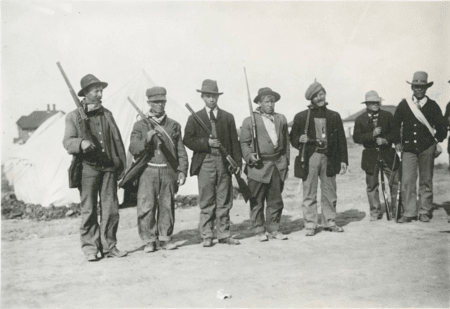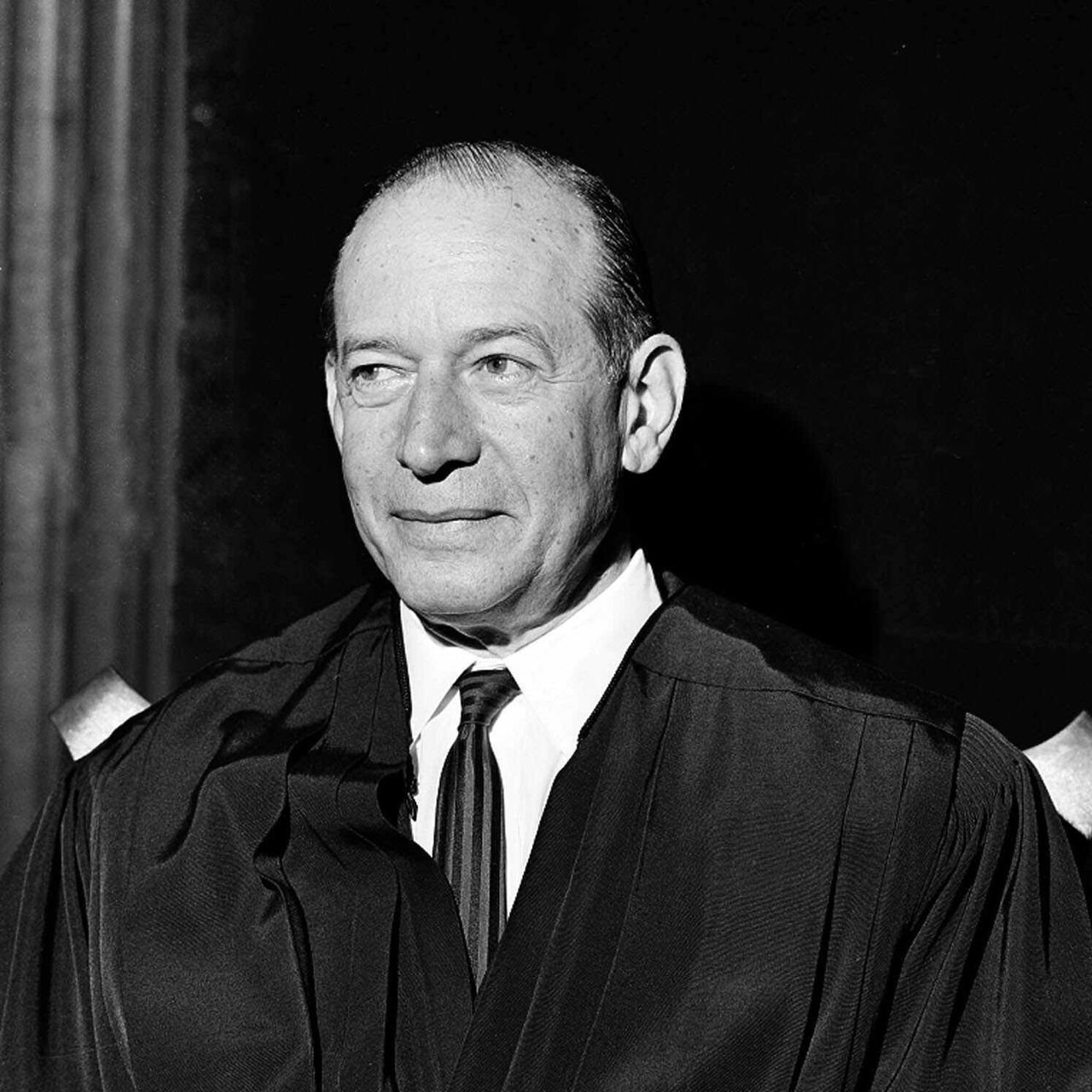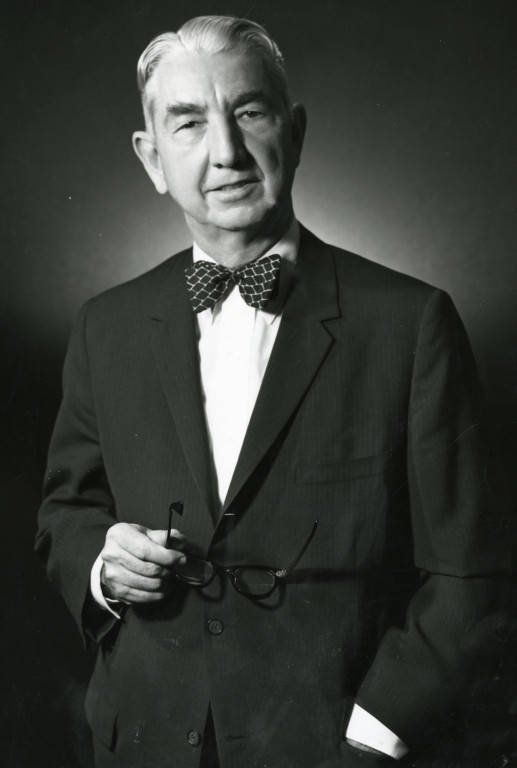United Mine Workers of America v. Gibbs
Key Principles
Supplemental Jurisdiction Test: If a federal claim is substantive, and state and federal claims derive from “a common nucleus of operative fact”, then the state claims can be heard with the federal claims in federal court.
Gibbs Discretionary Factors:
[1] the federal claim drops out early
[2] state issues predominate the case
[3] the state law issues are novel or complex
[4] trying the state and federal law claims together is likely to create jury confusion
Case Overview
CITATION
ARGUED ON
DECIDED ON
DECIDED BY
383 U.S. 715
Jan. 20, 1966
Mar. 28, 1966
Legal Issue
Do federal courts have jurisdiction over cases in which the cause of action is under state law but also implicates issues of federal law?
Holding
Yes, federal courts may exercise jurisdiction over a state law cause of action if the state and federal claims arise from the same “common nucleus of operative fact”.
Armed UMW strikers in Colorado (1914) | Credit: Study.com
Background
In 1960, the Tennessee Consolidated Coal Company closed one of its mines in Southern Tennessee, laying off 100 members of the UMW’s Local 5881. Later that summer, Grundy Company hired Gibbs to open a new mine with labor from the Southern Labor Union. On August 15-16, armed members of the 5881 forcibly prevented the mine from opening through threats against Gibbs and physically beating an organizer of a rival union. The members of the 5881 believed that the Grundy Company’s owner (Consolidated) had promised them jobs; their representative from UMW organized a picket line that lasted 9 months. As a result, Gibbs lost his job as superintendent and soon after began losing contracts with other companies.
Gibbs filed a suit against the international union (not the Local 5881 or its members) in the District Court for the Eastern District of Tennessee, with jurisdiction premised on allegations of secondary boycotts under §303 of the Labor Management Relations Act. At trial, the jury awarded Gibbs damages under the employment and haulage contracts in addition to punitive damages. The trial court set aside the damages under the haulage contract on the ground that damages were unproven. They also held that union pressure on Grundy would constitute only a primary claim with Grundy (as Gibbs’ supervisor) and was therefore not recognizable as a claim under §303. The case was remanded.
Summary
Unanimous decision for the United Mine Workers of America
United Mine Workers
Brennan
Warren*
Fortas
Stewart
Harlan II
Gibbs
Black
Clark
White
Douglas
* Chief Justice Warren took no part in the consideration of this case.
Opinion of the Court
Writing for the Court, Justice William Brennan held that state law claims are appropriate for federal court if they form a separate but parallel ground for relief also sought in a substantial claim based on federal law. Justice Brennan explained that in cases with two distinct grounds supporting a single cause of action (but only one presents a federal question), the federal court may hear the case on the nonfederal ground. However, in cases with two distinct causes of actions (and only one is federal in character), the federal court cannot of the case on the nonfederal cause of action. Ultimately, the federal claim must have substance sufficient to confer subject matter jurisdiction on the court.
In this case, the Court was tasked with determining whether the federal court had jurisdiction over Gibb’s joint state and federal law claims. Justice Brennan explained that the §303 claims that arose under federal law were substantial and arose from the same “nucleus of operative fact” as the other claims in the case. He stated, “[w]e cannot confidently say, however, that the federal issues were so remote or played such a minor role at the trial that in effect the state claim only was tried.” Justice Brennan clarified that when a federal court has jurisdiction over a case arising under federal law, they have jurisdiction not just over the federal claim but over the case in its entirety. That includes issues of state law, so long as they come from the same set of facts. Justice Brennan concluded that the federal law claims made up a substantial part of Gibbs’ complaint, and thus federal jurisdiction was appropriate.









